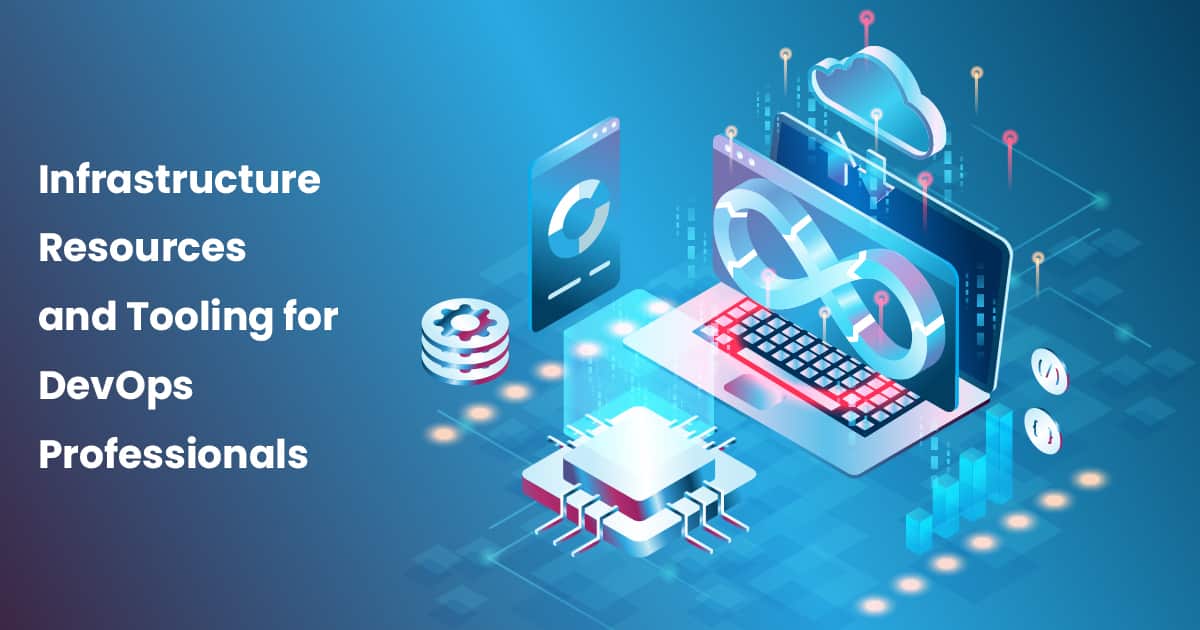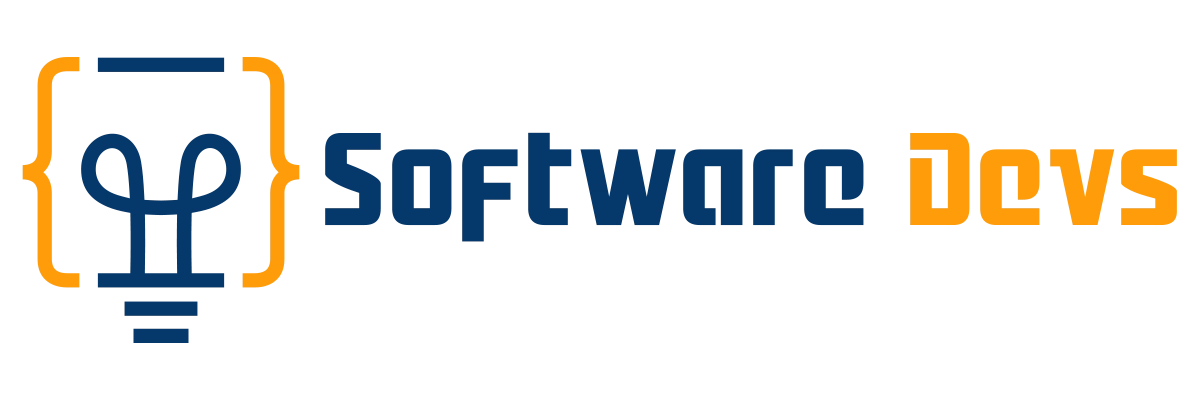DevOps is an engineering practice that unifies software development and software operations. It’s a mixture of varied practices, tools that help organizations to deliver software services very fast. Let’s know about the infrastructure resources and tools that are needed for DevOps professionals.

Infrastructure Resources and Management
Effective Infrastructure Management ensures better organizational performance, agility, cost-effective, good customer experience, and flexibility in the cloud or on-premises infrastructure. Here are three major steps involved in mastering Infrastructure Management.
- Capacity Planning
- Provisioning
- Deployment
Essential Tools for DevOps Professionals
DevOps professionals got to regularly update themselves with all the newest sets of tools which will help in process automation, information sharing, deployment time reduction, and continuous deployment. Keeping this in mind, here are the foremost essential tools that each DevOps professionals should master:
-
- Git and GitHub (Version Control)Version control tools are employed by software teams to manage and alter source code over time. Git is the most popular version control tool that enables DevOps professionals to track the progress of their development work.
- Jenkins (Configuration Integration)
Jenkins is one among the more popular continuous integration and delivery tools available within the DevOps domain today. It is an open-source, extensible, and distributed continuous integration/continuous deployment (CI/CD) server that allows the automation of different stages of the delivery pipeline. - Docker (Containerization Platform)
Docker enables distributed development by automating the deployment of apps. Applications are isolated into separate containers in order that they become portable and more secure. - Kubernetes (Container Orchestration)
For DevOps professionals, Kubernetes is the default tool for container orchestration. It helps them keep track of containers and automates their deployment and redeployment.
- Chef, Ansible, Puppet (Configuration Management)
Chef, Ansible, and Puppet are the most widely used configuration management tools by DevOps professionals.
Chef: A systems and cloud infrastructure framework, Chef, enables DevOps professionals to automate the building, deployment, and management of infrastructure through short, repeatable scripts called “recipes”.
Ansible: Ansible is a simple and easy-to-use configuration management tool. It helps professionals in automating cloud configuration, provisioning, and application deployment.
Puppet: Puppet provides them with the tools necessary to enforce security policies, develop effective security frameworks, and securely scale infrastructure.
- SonarQube (Continuous Inspection)
SonarQube is a continuous inspection tool that assists in managing code quality. SonarQube offers visual reporting on and across projects.
- Nagios (Continuous Monitoring)
Nagios is an open-source and free DevOps monitoring tool. It enables DevOps professionals to find and fix problems by monitoring their software infrastructure.
Conclusion
DevOps is a continuously evolving field. New tools and systems are expected to arrive and replace the present ones in the future. DevOps professionals should be proactive in taking the onus of keeping themselves abreast and well versed with the latest available tools. The more knowledge they garner, the higher is their chances of making it big within the DevOps world.




